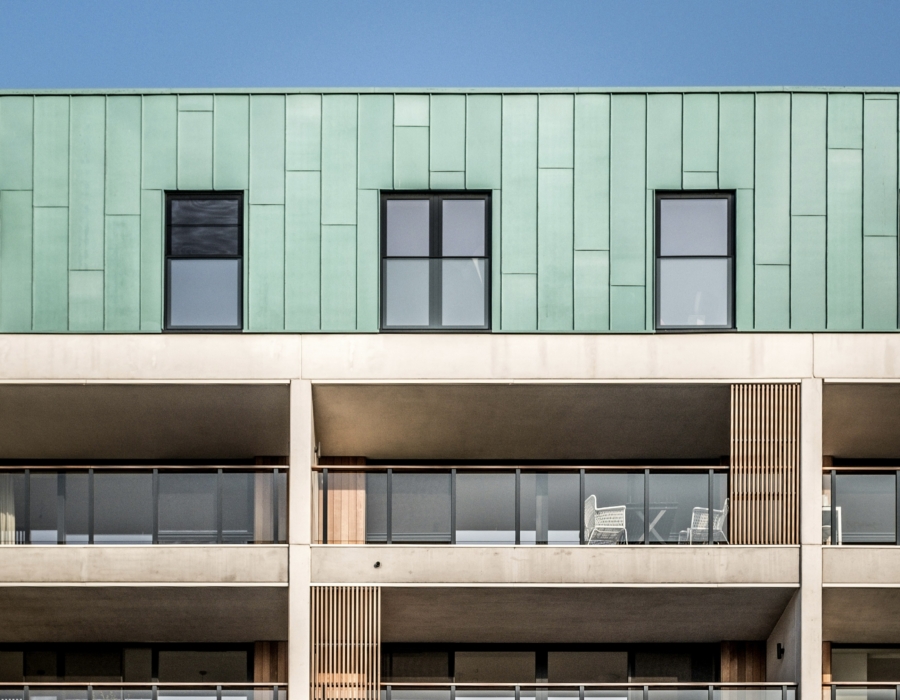
Smart buildings and smart cities have been at the forefront of sustainability discussions for much of the past decade, but they have always felt like a vision of the future. During this time we’ve increased the amount of technology in our buildings, and have now arrived at the time of The Internet of Things where instant connectivity between everyone and everything is the new standard.
This advancement in technology has impacted in how we understand building performance. We can now assess the features of a sustainable “green building” through standards such as BREEAM and LEED, additionally how we optimize human performance has also improved, also guided by standards such as The Well Standard and RESET.
In 2019, we’ll start to see the practical convergence of all of these things. Where devices and sensors can start significantly informing wellbeing programs. Sustainability targets can be based on monitoring of specific BMS points across an entire estate. These kinds of revolutionary approaches to making building more performant will become a leading trend in 2019.
Smart technology is here today
The technology which drives smarter buildings is here today. In 2018 Carbon Credentials was able to quickly retrofit smart building technology to dozens of buildings, providing additional analysis that can improve energy performance or occupant comfort. Carbon Credentials’ “Smart Building Gateway” is now driving meaningful insight out of a number of different buildings, making them more energy efficient, reducing the cost of maintenance and improving occupant comfort.
Smart building data can simplify and improve tracking on a number of different aspects of green buildings including:
- Health and wellbeing
- Plant maintenance
- Site security
- Space utilization
- Energy performance
- Waste and resource management.
Smart buildings can provide the data to make programs more trackable and ultimately better performing. In pilot programs we’ve been able to identify rooms which are not ventilated enough, reducing human productivity. We’ve seen specific components of kit malfunctioning, resulting in a targeted low cost and easy win replacement and improvement to plant, and a result reduces energy and improves comfort.
The data we’re bringing out of buildings and analysing allows us to be more specific and targeted in our approaches, across entire portfolios. Pilot programs like these have been informing our clients what could be possible, and we were all beginning to learn how to make this insight matter. Coming into 2019 we know there is now an increased understanding about how smart buildings will improve how people manage their sites and portfolios in a practical way, and we expect companies to continue to accelerate the optimisation of their buildings.
Smart Buildings = Smarter Decisions
Smart technology isn’t useful unless it impacts real performance, and this is typically driven by helping someone make better decisions. Smartness is about improving the quality of insight to deliver more specific action, and to be able to measure the success of the outcome.
Pragmatic smart building programmes will result in specific actions and outcomes designed into the process from the outset, with a clear understanding of how smarts result in success. But these actions will and should include people, as well as processes and technology. We may be using more and more Artificial Intelligence, but that is to simplify processes or do routine data handling jobs, and shouldn’t be confused with informing strategic decision making.
2019 the year to make buildings smarter
In 2019 smart buildings will go mainstream. The technology is robust and inexpensive enough to start developing a more programmatic approach to smart buildings. Increasing the depth of sensor data, and beginning to build applications which make for better buildings.
Most importantly we are now able to capitalise on our understanding of how to use smart building technology and leverage it to improve processes and provide clearer decisions, which impacts all stakeholders within a business. This is why we think smart buildings will be a key trend in 2019.
Written by Sam Carson, Director of Sustainability Innovation, Carbon Credentials


